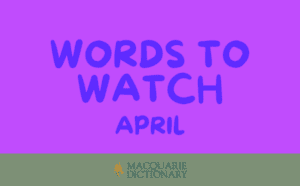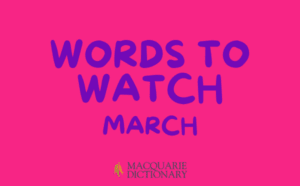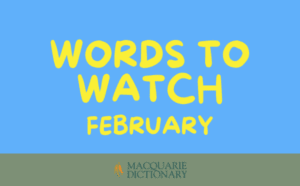Then and than are commonly confused and it’s no wonder why – they sound very similar, are spelt very similarly and both come from the Old English roots. In fact, up until about the 17th century, there was only a single spelling for both senses! So it’s no wonder these words can often get mixed up.
Thankfully, modern English has evolved to use two different spellings — then and than – which have two very different functions.
Then largely functions as an adverb or adjective to talk about time and the order of events.
prices were lower then
he stopped, and then began again
the then prime minister
It is also used common phrases such as till then, but then, then again, now and then.
Than is a conjunction or preposition – that is, it is a connecting word – used to compare things:
a better car than mine
to sing more sweetly than a bird
she is taller than me
we have more than enough
Than also appears in common phrases:
rather than / other than
more than meets the eye
larger than life
a fate worse than death
So, next time you need to select the correct word, rather than simply hoping for the best, think about the function of the word in the sentence, then add it in!
For more help with the different parts of speech check out the Macquarie grammar guide





